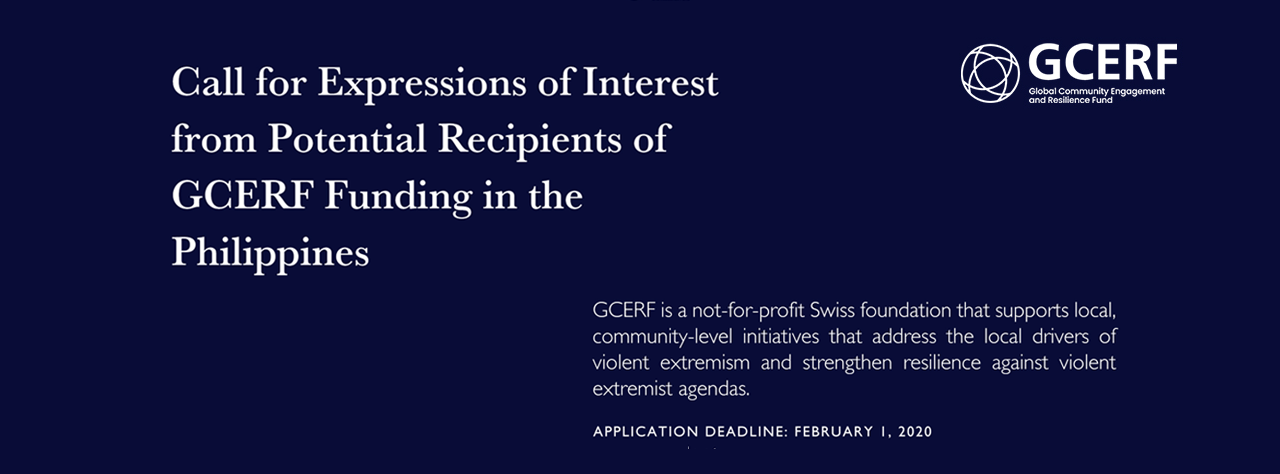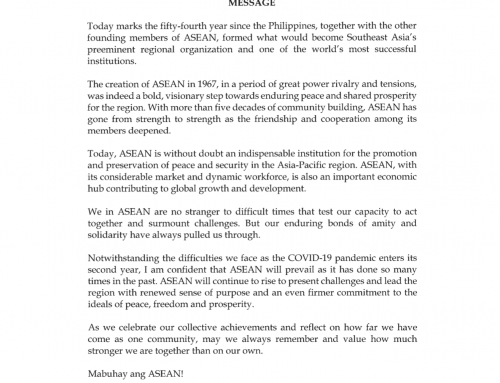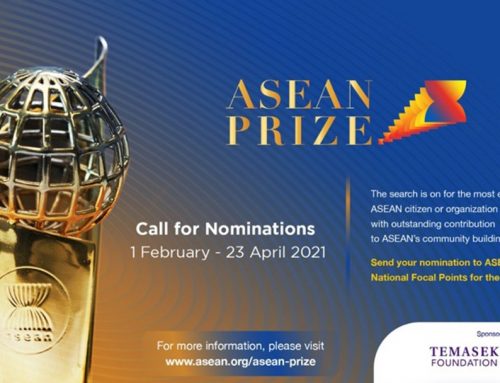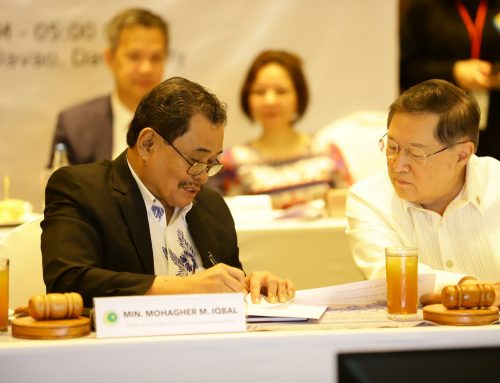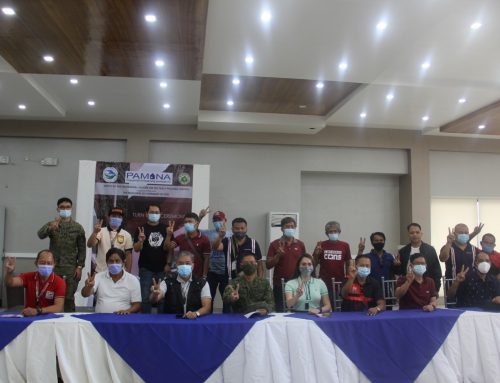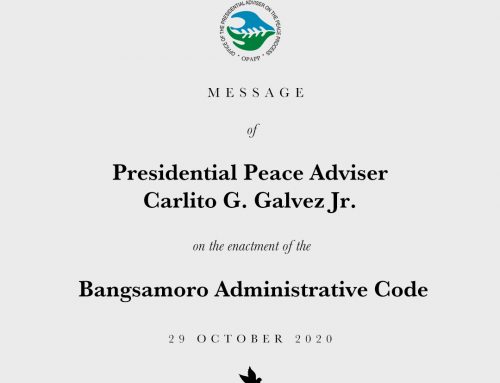Background
The Global Community Engagement and Resilience Fund (GCERF) was established in 2014 to prevent violent extremism. GCERF is a not-for-profit Swiss foundation that supports local, community-level initiatives that address the local drivers of violent extremism and strengthen resilience against violent extremist agendas.
In August 2018, the GCERF Governing Board approved the request by the Government of the Philippines to become a GCERF partner country. GCERF was requested to support the government in addressing the risk of radicalisation to violent extremism, with a focus on prevention and supporting the vital role of local communities.
With the GCERF Country Strategy for Investment in the Philippines1 approved by the Country Support Mechanism (CSM) in April 2019, the first round of calls was initiated resulting in 5 grants awarded to local organizations in November 2019.
Call for EOIs
For its second round of investment, GCERF, together with the Philippine Country Support Mechanism, is pleased to announce a Call for Expressions of Interest from Philippine civil society organisations (CSOs) to become a Principal Recipient (PR) or Direct
Grantee of funding from GCERF’s Core Funding Mechanism (CFM).
Under the Core Funding Mechanism (CFM), GCERF funds consortia of Philippine CSOs to implement initiatives aimed at strengthening community resilience against violent extremism. In a few exceptional cases, grants are provided to an organisation that does not lead a consortium (“Direct Grantees”) but implements initiatives directly.
Consortium grants are managed and supported by “Principal Recipients” (PR) who are the legal recipients of GCERF funding and provide funding to “Sub-recipients” (SRs).
“Recipients” of GCERF funding include: “Principal Recipients” and “Subrecipients” in the context of a grant to a consortium, and “Direct Grantees” that receive funding from GCERF but do not lead a consortium.
A “grantee” is the organisation that signs a grant agreement with GCERF. It can be a Principal Recipient in the case of a consortium or a Direct Grantee.
In line with the above-mentioned Investment Strategy and in support of the Philippine National Action Plan on Preventing and Countering Violent Extremism (NAP-P/CVE), the focus of the investment will be:
WHO
- Youth (in-school and out-of-school)
- Children (Children involved in armed conflict, children of war, orphans)
- Women, mothers and families
- Persons Deprived of Liberty with Terrorism-Related Cases (PDL with TRC) in Jails and Violent Extremist Offenders (VEOs) in Prisons and their families
- Religious and traditional leaders
- Learning Institutions (Schools, Colleges, Universities, and Madrasa)
- Social media users
- Former combatants, their families and communities
- Overseas Filipino workers
WHERE
- Areas in Mindanao vulnerable to VE
- Areas identified as vulnerable to VE in other parts of the country (e.g. parts of mainland Luzon, such as Metro Manila)
WHAT
Grantees will propose activities in line with GCERF’s four priority leverage points to address drivers of VE (social cohesion, community agency, equal access to opportunities, and sense of purpose) in the following ways:
- building tolerance, where violent extremists recruit the marginalised;
- community agency, where violent extremists exploit governance challenges;
- positive social and economic alternatives to what VE groups claim to offer;
- critical thinking and life skills as protection against VE recruitment; and
- Healing and reconciliation for VEO.
HOW
Channels through which grantees reach individuals vulnerable to recruitment and radicalization to VE may include:
- building PVE capacity among local authorities and institutions and reinforcing trust between communities and local authorities;
- working with religious leaders and opinion leaders;
- working with students and teachers in madrasas to protect them from the influence of foreign violent extremists;
- working with former combatants and their communities; and
- building capacity of communities and local authorities to have sustainable and responsive socio-economic programmes.
Funding will be available for grants of up to three years in duration and commencing in 2020 on a rolling basis. Grants will not exceed USD 1 million. GCERF will provide grants to individual organizations or consortia working at community level. Each consortium should be led by a Principal Recipient responsible for providing sub-grants to other consortium members. Priority will be given to local CSOs with proven successful PVE experience and CSOs with previous engagements with the Government of the Philippines (GOP). Details of the requirements and the criteria of eligibility is contained in the attached documents:
1) Call for Expressions of Interest; and 2) Expression of Interest Form for the Role of Principal Recipient.
GCERF and CSM will jointly review all applications for Potential Principal Recipients and Direct Grantees. Once the joint review is done, GCERF shall do the due diligence process and inform the CSM to which organizations can be invited to develop a full proposal.
All EOIs must be submitted electronically to [email protected] in the form provided by the GCERF and the email should be marked as ‘EOI-PHILIPPINES’ as subject title.


